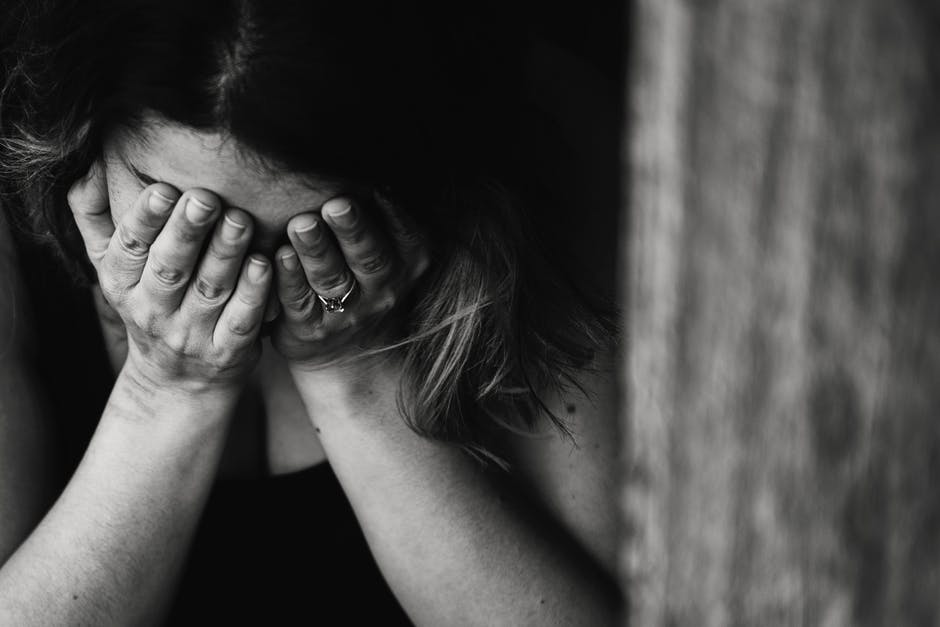
Learning To Manage With Celebration Days After Death
Cassie Steele – OCP News Service – 8/1/19
Grief is a deeply personal experience that can leave the bereaved questioning themselves, life, and even their religion. As grieving is a lifelong process, celebration days that would normally have been shared with a deceased love one often become particularly tough to handle; indeed, according to the Child Mind Institute, celebration days are when grief is felt most keenly. Finding a strategy to help you and those close to you manage the grief is important. The Orthodox Christian faith and way of life provides many helpful tools to generate this level of resolve.
Staying in touch
According to St George’s of Saint Paul, Minnesota, USA, one of the most powerful forces of grief comes from when the bereaved person realizes the ‘little things’. That is, all of the unspoken or taken-for-granted things a loved one brought to your life being gone. Often stemming from this is guilt.
It’s important to speak to your Priest in this situation; help them to help you pick apart unhelpful feelings. Further, through the Church, there is no disconnect with the deceased. Speak to them; tell them everything you would like to. It’s absolutely fine to hold your own service, such as sending birthday messages or making a memento on earth. This is a very human and Christian act, and will be beneficial both for your faith and mental health. According to one psychologist, speaking to dead relatives is healthy and entirely normal, too.
The big festivals
The end of the year brings with it togetherness and a sense of community. With Christmas and its festivities just a few days later, it can bring the absence of a deceased loved one into sharp focus. Easter, soon after, again brings harsh feelings and a welling up of the grief felt. These times are where Orthodoxy can offer some of its most powerful helping hands to give you the push you need to stay strong.
Remember that while you must repeat the Trisagion at certain points, there’s nothing stopping you from repeating it whenever you like. This can offer some measure of comfort. Use your church extensively; your priest will guide you, and remember that the dead never truly leave the clergy. Be comforted by the fact that they remain with you in the church. Prayer is appropriate; St Nicholas of McKinney, Texas, argue that praying is absolutely appropriate given that nobody knows what, or when, the final judgment will occur.
The value of tears
Life after death is a blessing for many and some will feel that crying is unnecessary. Indeed, as Luke 7:13 tells us, “When the Lord saw her, He had compassion on her and said, “Do not weep”. However, Jesus’ message was not that crying was wrong; simply that he was there now, and it was unnecessary. Crying is very healthy, according to science reported by Time; it helps to remediate stress in the body. With relation to your religion, ensure that you grieve and weep not out of ego and the impact on you, but out of the loss of the loved one.
Grief is a complex and long-lived phenomenon, but Christianity teaches us that it does end – with hope. Form your own rituals in line with your way of living, and stay true to the scripture. Doing so will give you a clear path to recovery.
Source:
OCP News Service

